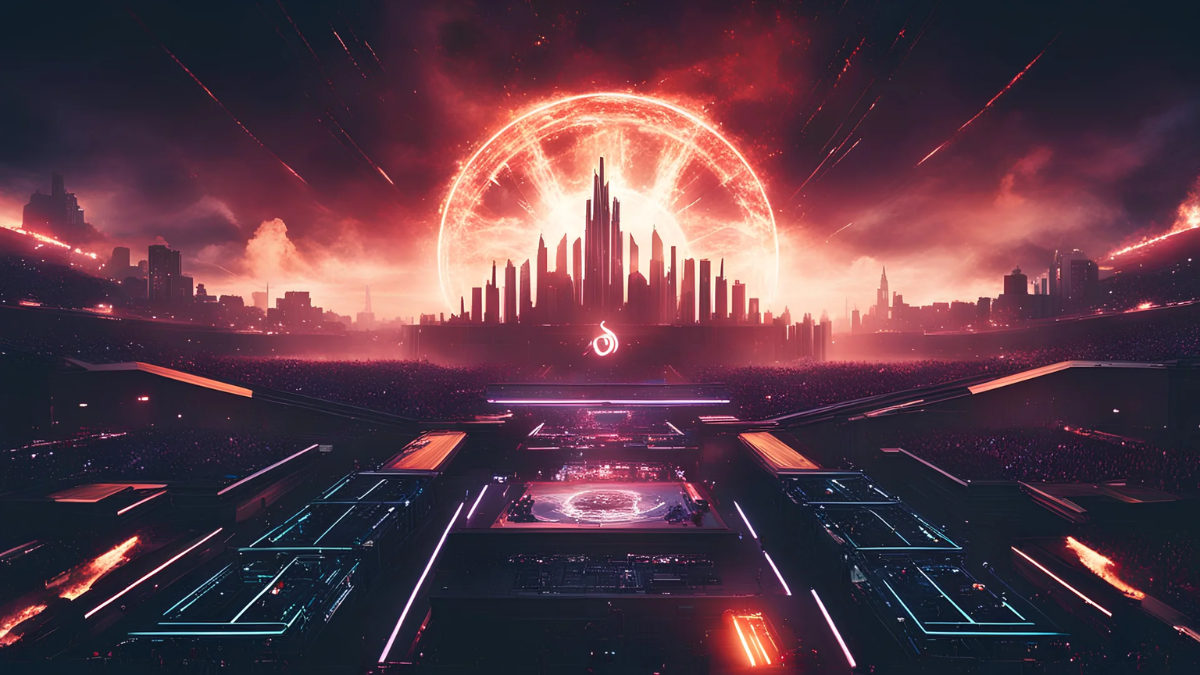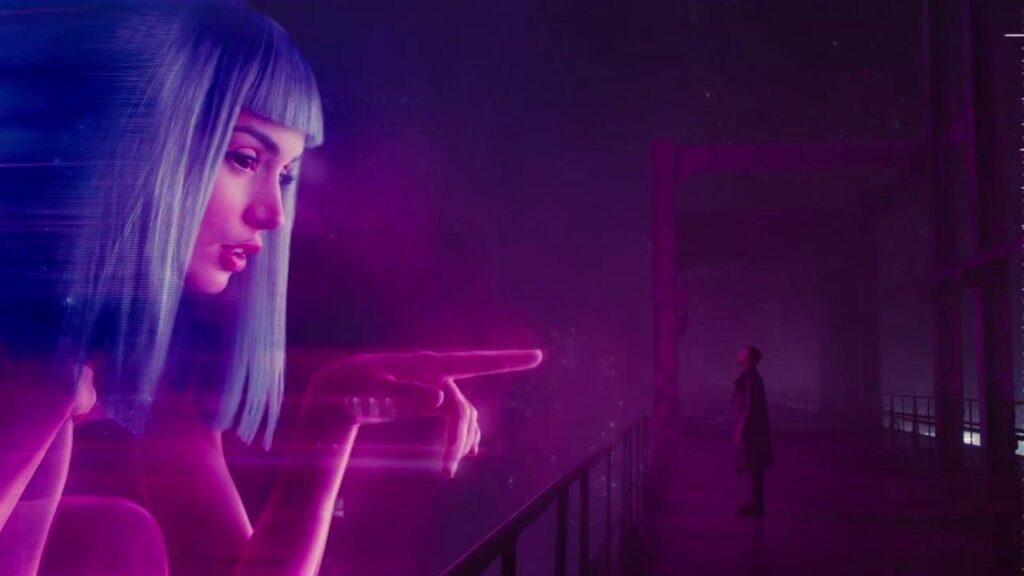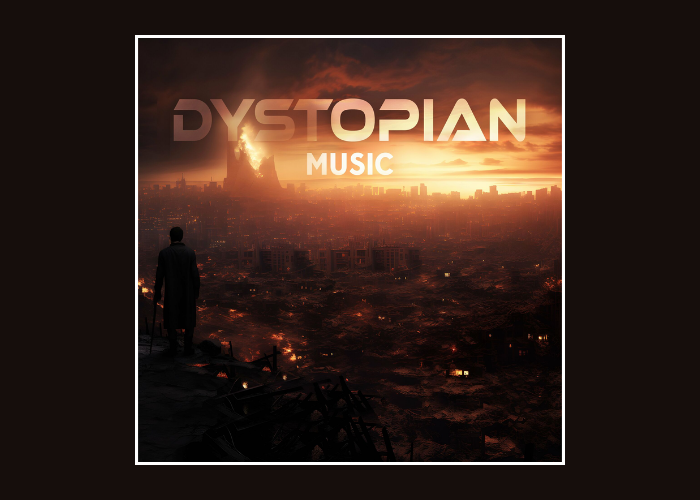The Psychology of Dystopian Music: Why We Are Drawn to Darkness

Dark, dystopian music has long captivated listeners, drawing them into soundscapes of despair, chaos, and alienation. From the harsh mechanical sounds of industrial music to the haunting melodies of darkwave and ambient genres, dystopian music taps into deep emotional reservoirs that resonate with our collective fears and anxieties. But why are we so drawn to this darkness? What psychological factors make dystopian music so compelling? Let’s explore the psychological reasons behind the appeal of dystopian music, delving into how it helps us process emotions, understand societal unrest, and find meaning in the chaos.
Catharsis and Emotional Release
One of the primary psychological appeals of dystopian music lies in its ability to provide catharsis—a release of pent-up emotions that are difficult to express in daily life. Dystopian music often taps into negative emotions such as fear, sadness, anger, and alienation. By immersing themselves in music that reflects these emotions, listeners can safely confront and process their own feelings.
Psychologically, this can be an empowering experience. Dark music allows us to engage with difficult emotions without being overwhelmed by them. It creates a structured environment in which to explore fear and despair while remaining in control. The music becomes a safe space where we can let go of the pressure to maintain a facade of optimism and confront the darker aspects of our psyche.
This cathartic effect may explain why people often turn to dystopian music during times of personal or societal crisis. When the world feels unstable or threatening, dystopian music offers an outlet for processing complex emotions that might otherwise feel overwhelming.
Validation of Anxiety and Alienation
In a world where optimism and productivity are often emphasized, dystopian music provides a powerful counter-narrative. It acknowledges feelings of anxiety, alienation, and disillusionment, validating emotions that are often marginalized in mainstream culture. For many listeners, dark music reflects the struggles they experience in their own lives—whether it’s the sense of being out of place in society, anxiety about the future, or frustration with systems of power and control.
By mirroring these experiences, dystopian music reassures listeners that they are not alone in their fears. Psychologically, this can be incredibly validating, providing a sense of community and understanding. This connection to the music—feeling that it “gets” what we’re going through—can be comforting, even if the music itself is unsettling.
In dystopian music, listeners often find an honest portrayal of the world as they perceive it: imperfect, chaotic, and at times, terrifying. The bleakness of the music resonates with those who feel that mainstream narratives of positivity and success are out of touch with their realities.
Exploring the Unconscious Mind
From a Jungian psychological perspective, dystopian music can be seen as an exploration of the shadow—those parts of ourselves that we repress or ignore in daily life. In Carl Jung’s theory of the psyche, the shadow represents the darker, unconscious aspects of our personalities, including fear, aggression, and primal instincts. By engaging with dystopian music, listeners have the opportunity to confront these aspects of themselves in a controlled, symbolic manner.
Music that delves into themes of dystopia often includes disturbing or dissonant sounds, unpredictable structures, and a sense of chaos. These elements can evoke feelings of unease, pushing listeners to confront their own shadow selves—the parts of their psyche they might otherwise suppress. In doing so, they engage in a process of psychological integration, coming to terms with their full range of emotions and thoughts, even the darker ones.
Listening to dystopian music, in this sense, can be a form of self-exploration, allowing individuals to engage with the unconscious in a safe, symbolic way. The confrontation with darkness in music becomes a metaphor for the internal confrontation with our own fears and suppressed desires.

Coping With Uncertainty and Chaos
Dystopian music often mirrors the chaotic and unpredictable nature of the world, especially in times of crisis or societal upheaval. The jagged, distorted sounds of industrial music or the eerie, desolate landscapes of ambient and drone genres can feel like a reflection of the uncertainty we face in real life. Psychologically, engaging with this type of music can help listeners make sense of that chaos.
By immersing themselves in dystopian music, listeners are able to confront chaos and uncertainty in a controlled environment. This can have a grounding effect, as it provides a way to process feelings of powerlessness or confusion. The music becomes a tool for coping, helping listeners acknowledge the unpredictability of life while maintaining a sense of psychological balance.
In this way, dystopian music acts as a form of emotional regulation. It allows listeners to experience the dissonance of the world around them, but within the structured, predictable confines of music. This can make it easier to confront real-world challenges, as the music has already provided a mental framework for dealing with chaos.

A Desire for Authenticity in an Inauthentic World
In an era dominated by social media, consumer culture, and the constant pressure to project an image of happiness and success, many people crave authenticity. Dystopian music, with its raw, unfiltered emotional content, provides an antidote to the often inauthentic nature of modern life. It speaks to the darker, more complex sides of human experience that are often glossed over or ignored.
Psychologically, this can be deeply appealing. Dystopian music doesn’t shy away from difficult emotions or sugar-coat reality—it embraces discomfort, dissonance, and fear. For listeners who feel disillusioned with mainstream culture’s focus on surface-level positivity, this authenticity can be a welcome relief.
Furthermore, dystopian music often reflects a distrust of authority and societal norms, making it particularly appealing to individuals who feel alienated from mainstream culture. The themes of rebellion, defiance, and questioning authority that run through many dystopian genres resonate with those who seek to challenge the status quo. In this sense, dystopian music becomes a form of psychological rebellion, offering listeners a way to express their dissatisfaction with the world.

Connection to Larger Societal and Existential Questions
Dystopian music frequently explores larger societal and existential questions, such as the role of technology, the breakdown of human relationships, and the search for meaning in a chaotic world. For many listeners, this engagement with deeper philosophical themes is part of the appeal. Dystopian music invites us to think critically about the world we live in and the direction it’s headed.
Psychologically, this kind of reflection can be both unsettling and satisfying. While it forces us to confront uncomfortable truths about society and ourselves, it also allows us to grapple with these issues on a deeper level. Dystopian music often raises questions that have no easy answers, but it provides a framework for exploring those questions in a meaningful way.
Also Read: Utopian vs. Dystopian Narratives in Science Fiction
This existential exploration is particularly important in times of crisis, when the future feels uncertain and traditional narratives of progress or stability seem to be breaking down. Dystopian music helps listeners make sense of these feelings of existential dread, giving voice to their fears while also encouraging them to reflect on their place in the world.
Dystopian music, with its dark, unsettling themes and soundscapes, taps into deep psychological needs. It provides catharsis, validation, and a sense of connection to the darker aspects of our own psyche and the world around us. By engaging with dystopian music, listeners confront their anxieties, explore their unconscious, and process feelings of chaos and uncertainty. In a world that often feels increasingly dystopian, this music offers a powerful way to navigate the psychological challenges we face, reminding us that we are not alone in our fears and that there is beauty, even in the darkness.
–Silviya.Y








